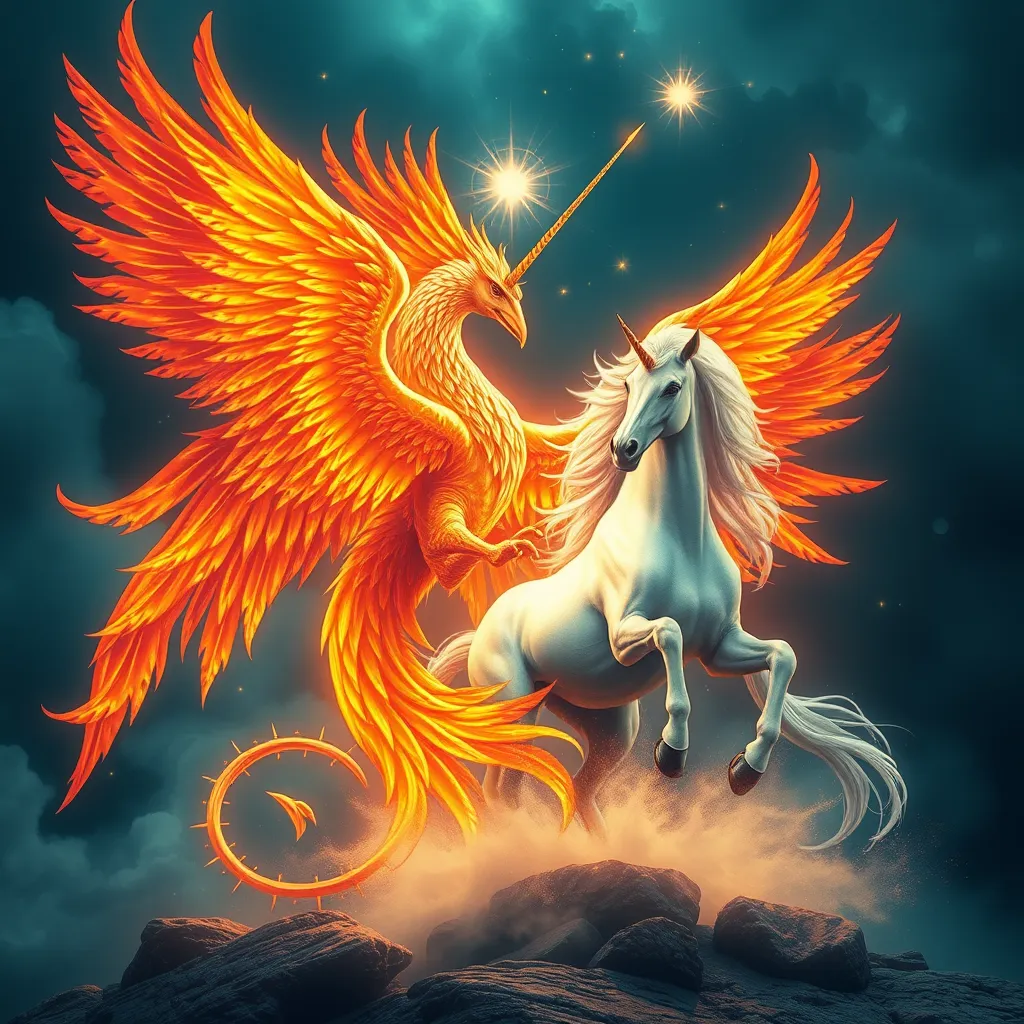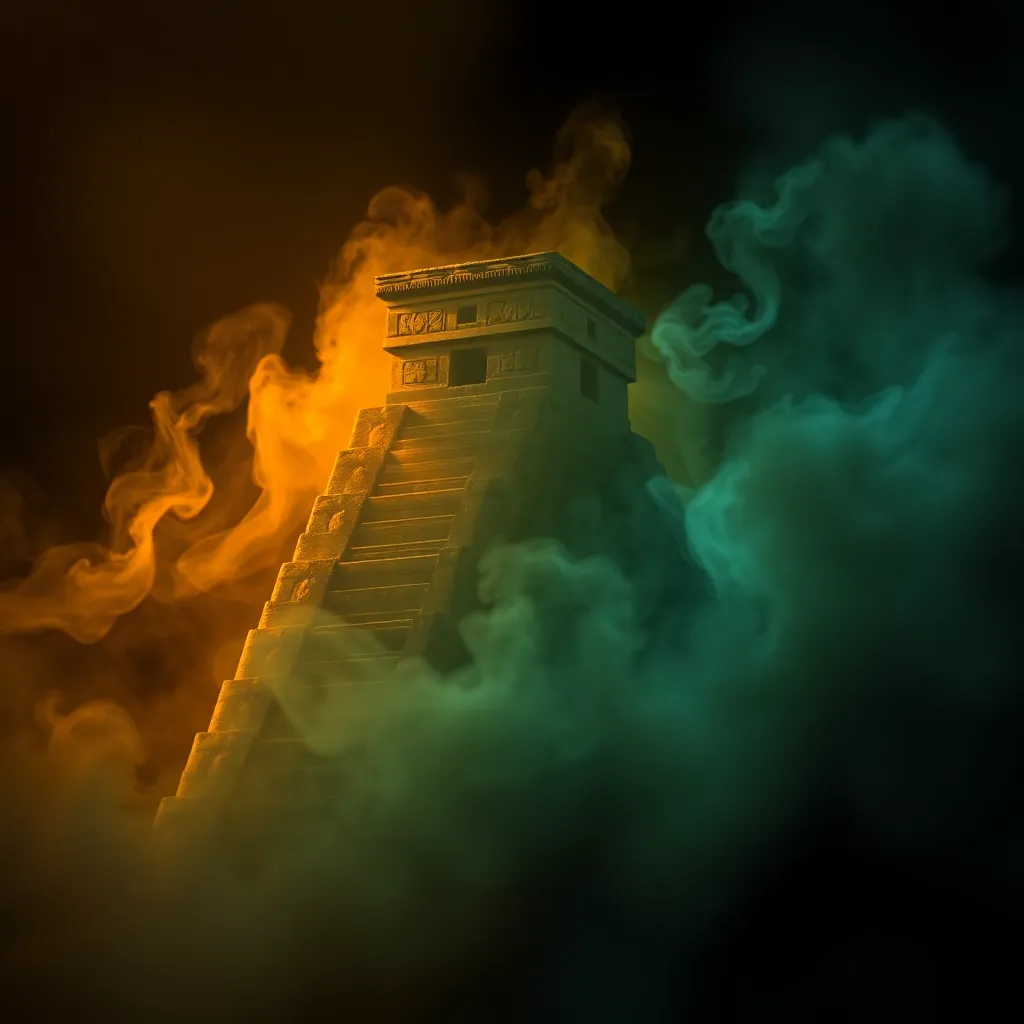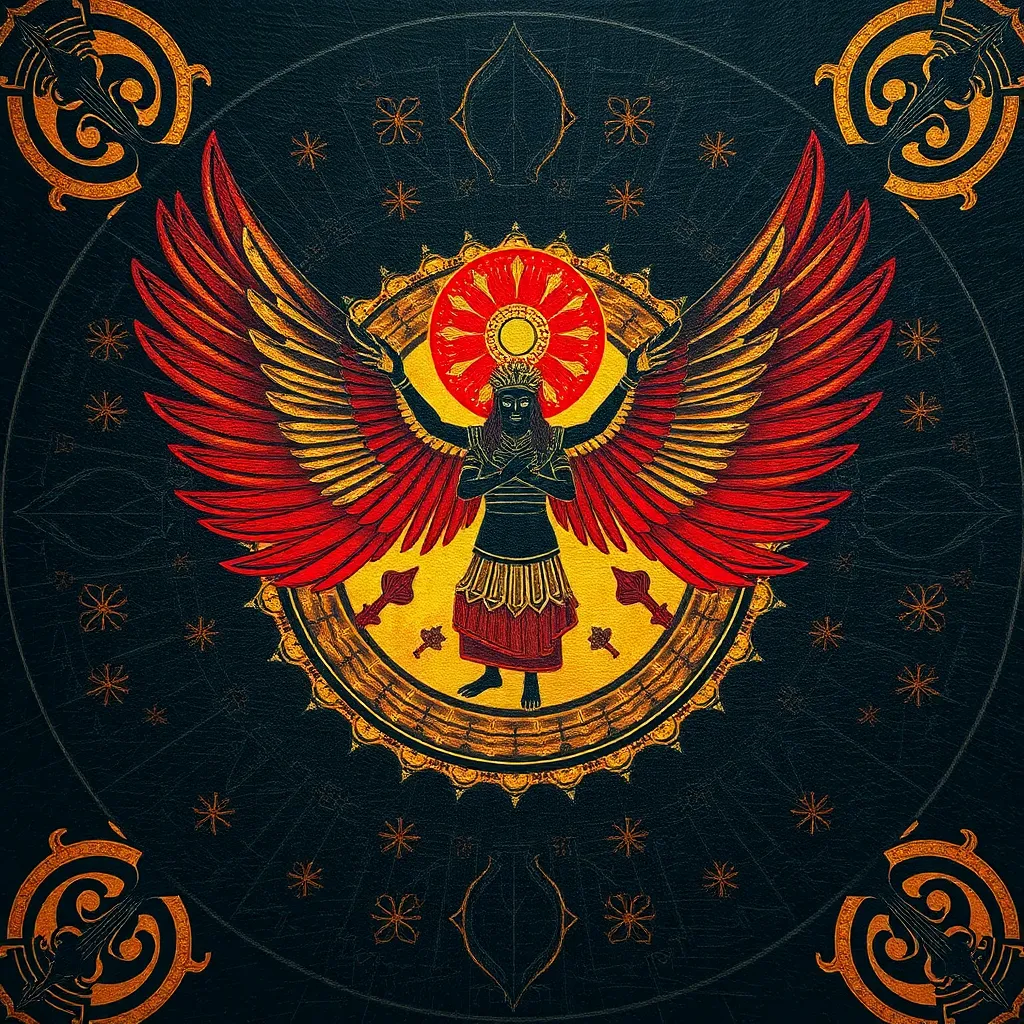The Dybbuk’s Universal Appeal: The Fear of the Unknown Across Cultures
I. Introduction
The Dybbuk, a malevolent spirit from Jewish folklore, has captivated audiences with its haunting tales and profound symbolism. Originating from the Hebrew word “dibbuk,” which means “to cling,” this entity is said to be the dislocated soul of a deceased individual who possesses the living to fulfill unfinished business. The concept of the Dybbuk serves as a lens through which we can examine the broader theme of fear of the unknown, a sentiment that resonates across various cultures and epochs.
Understanding the Dybbuk provides insights into how different societies interpret and confront their deepest fears. By exploring cultural interpretations of the unknown, we can appreciate the shared human experience that transcends borders and time.
II. The Dybbuk in Jewish Tradition
In Jewish tradition, the Dybbuk is more than just a ghostly figure; it embodies the complexities of the human psyche and unresolved issues that linger after death. Historically, the Dybbuk is rooted in Kabbalistic teachings, emphasizing the spiritual ramifications of one’s actions in life and the necessity for resolution in the afterlife.
Key characteristics of the Dybbuk include:
- Possession of the living by a restless soul.
- Manifestation of the possessed individual’s unresolved conflicts or desires.
- Exorcism rituals performed to release the Dybbuk, often involving prayer and spiritual intervention.
Noteworthy stories, such as those found in the Yiddish play “The Dybbuk” by S. Ansky, illustrate the powerful emotional and spiritual struggles faced by individuals plagued by this spirit. The Dybbuk symbolizes unresolved issues, particularly those related to guilt, grief, and the need for closure, making it a potent representation of the human condition.
III. The Concept of the Unknown in Different Cultures
Across cultures, the fear of the unknown is a universal theme that manifests in various supernatural entities and folklore. This theme often reflects societal anxieties, moral dilemmas, and the mysteries of existence.
Some similar supernatural entities that evoke fears of the unknown include:
- The Wendigo in Native American folklore: A malevolent spirit associated with winter and famine, the Wendigo represents the fear of insatiable greed and the unknown dangers of isolation.
- The Chupacabra in Latin American lore: This cryptid embodies the fear of the unknown in nature and the threat to livestock, symbolizing broader anxieties about survival and the unnatural.
- The Banshee in Irish mythology: A harbinger of death, the Banshee reflects fears of mortality and the unknown aspects of the afterlife.
These entities share a common thread of evoking fear through their association with death, possession, and the supernatural, illustrating how cultures interpret the unknown in ways that resonate with their unique contexts.
IV. Psychological Perspectives on the Fear of the Unknown
From a psychological standpoint, fear is a fundamental aspect of the human experience. The unknown often triggers anxiety and existential dread, as individuals confront uncertainties about life, death, and what lies beyond.
Key points regarding the psychological implications of the unknown include:
- Fear serves as a protective mechanism, alerting individuals to potential dangers.
- The unknown can provoke existential questions, leading to feelings of vulnerability.
- The Dybbuk, as a representation of unresolved psychological fears, reflects deeper issues such as guilt and the struggle for identity.
By examining the Dybbuk through a psychological lens, we can appreciate its role as a metaphor for the internal conflicts that shape our understanding of fear and the unknown.
V. The Dybbuk in Literature and Film
The Dybbuk has been a compelling subject in literature and film, often serving as a metaphor for cultural anxieties and unresolved conflicts. Notable works include:
- The Dybbuk: A classic Yiddish play that explores themes of love, loss, and spiritual possession, establishing the Dybbuk as a significant figure in Jewish cultural history.
- Films: Various adaptations of the Dybbuk story have emerged, each portraying the spirit as a reflection of contemporary fears, such as isolation and the consequences of neglecting one’s past.
These narratives often draw parallels to other horror stories that delve into the unknown, highlighting common themes of possession, haunting, and the struggle for redemption.
VI. Cross-Cultural Comparisons of Supernatural Fears
Examining supernatural fears across cultures reveals striking similarities, particularly in themes of possession and haunting. Different societies interpret these experiences through varying cultural lenses, yet the underlying fears remain remarkably consistent.
Some observations include:
- The role of possession as a means of expressing cultural anxieties about control and identity.
- How societal norms shape the interpretation of supernatural events and the unknown.
- Case studies of cross-cultural beliefs, such as the similarities between the Dybbuk and other possession narratives, illustrate how fear transcends cultural boundaries.
These comparisons underscore the shared human experience of confronting the unknown, regardless of cultural context.
VII. The Modern Relevance of the Dybbuk
In contemporary society, there has been a resurgence of interest in folklore and supernatural themes, with the Dybbuk emerging as a relevant symbol for modern fears and anxieties. This revival can be attributed to:
- A growing fascination with spirituality and the unknown in a rapidly changing world.
- The Dybbuk’s ability to articulate feelings of isolation, guilt, and the struggle for resolution in a complex society.
- The appeal of the Dybbuk in popular culture, as seen in films, literature, and art, which continue to explore themes of possession and the supernatural.
As modern audiences engage with the Dybbuk, they find a relatable figure that encapsulates their fears, making it a potent symbol in today’s cultural landscape.
VIII. Conclusion
The exploration of the Dybbuk and its connections to the fear of the unknown reveals profound insights into the human experience. This entity serves as a powerful reminder of the unresolved issues that linger within us and the universal anxieties that bind societies together.
As we reflect on the enduring legacy of the Dybbuk across cultures, we recognize that the confrontation of the unknown is a fundamental aspect of being human. The Dybbuk not only represents the fears of the past but also invites us to engage with our present anxieties, ultimately enriching our understanding of ourselves and the world around us.



